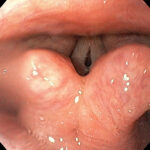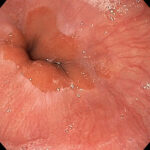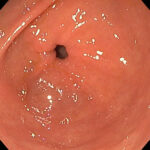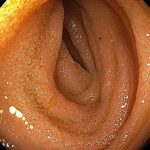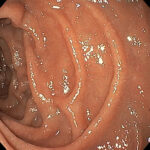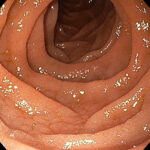Gastroscopy
A procedure in which a flexible tube with a "video camera" at the tip is passed through the oesophagus, stomach and first part of the small bowel.
It permits these areas to be inspected as well as specialised procedures such as biopsies, polypectomy, diathermy and dilations to be performed. We perform gastroscopy procedures multiple times per week both in the public and private system. All private procedures are billed No-Gap to your health fund and usually can be arranged within 1-3 weeks. Waiting time in the public system through Westmead, Blacktown, Mt Druitt or Auburn hospitals is based on clinical priority and can take anywhere from 1-12 months. To check your cover for the private quote item number 30473 to your health fund.
How to book, in 3 easy steps
1
Complete our booking form
Ready to make an appointment? Simply complete our Book Appointment form and select your appointment type.
2
Expect our phonecall or email
Our Reception team will receive your completed form and discuss with our doctors. We'll contact you to arrange an appointment.
3
Prepare for your appt
Make sure you have a referral from your doctor and bring all recent blood tests and scans. Read our Patient Info page for more information.

